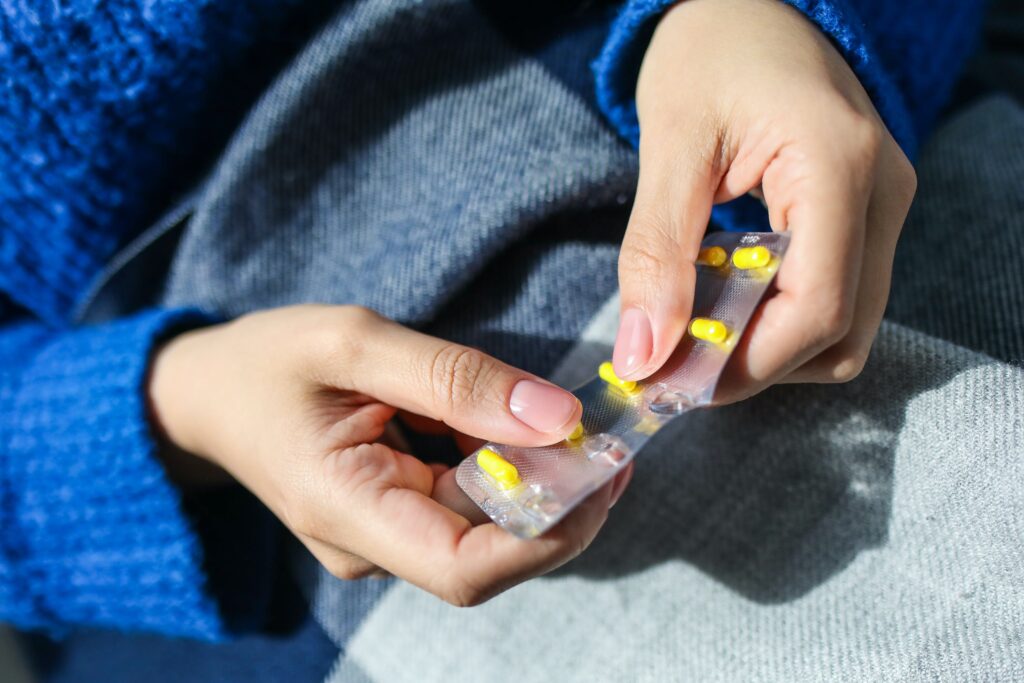Introduction
Autism Spectrum Disorder (ASD) is a neurodevelopmental condition that affects millions of individuals worldwide, presenting a unique set of challenges for both those diagnosed and their families. Parents of children with autism often wonder if there is a medicinal cure that can alleviate the symptoms or even “cure” their child’s condition. In this blog, we will explore the current understanding of autism, the quest for a medicinal cure, and alternative approaches that offer hope and support to families dealing with autism. Medicinal Cure for Autism.

Understanding Autism
Autism is a complex spectrum disorder characterized by a wide range of symptoms, including challenges in social interaction, repetitive behaviors, communication difficulties, and sensory sensitivities. It’s important to recognize that autism is a lifelong condition, and there is no known single cause. Instead, it is believed to result from a combination of genetic, environmental, and neurobiological factors.
The Quest for a Medicinal Cure
Parents often seek a medicinal cure for their child’s autism in the hope of making their lives easier and less challenging. Researchers have been diligently studying autism for decades, and while significant progress has been made in understanding the condition, there is currently no known medicinal cure.
The complexity of autism and its multifaceted nature make it challenging to pinpoint a single medication or treatment that can “cure” it. Research into pharmacological treatments for autism is ongoing, but the results have been gradual. Some medications may be prescribed to manage specific symptoms associated with autism, such as anxiety, aggression, or hyperactivity, but these do not address the underlying condition itself.
Therapies and Interventions
Rather than a medicinal cure, the focus in autism management has shifted towards therapies and interventions that can improve the quality of life for individuals with autism and their families. Some of these include:
- Applied Behavior Analysis (ABA): ABA is an evidence-based therapy that focuses on behavior modification. It helps individuals with autism learn new skills, reduce problematic behaviors, and improve communication and social interaction.
- Speech and Language Therapy: Many individuals with autism experience difficulties with speech and communication. Speech therapy can help develop and improve communication skills.
- Occupational Therapy: Occupational therapy addresses sensory sensitivities and helps individuals with autism develop fine motor skills and perform daily tasks more effectively.
- Social Skills Training: These interventions aim to enhance social interactions and assist individuals with autism in navigating social situations.
- Early Intervention: Early diagnosis and intervention are crucial. Starting supportive services as early as possible after an autism diagnosis can significantly impact a child’s development and future outcomes.
Hope and Support
While there is no medicinal cure for autism, it’s important for parents to understand that autism is just one aspect of their child’s unique identity. Many individuals with autism lead fulfilling and meaningful lives with the right support and resources.
As a parent, you can actively seek early intervention services, engage in therapies, and connect with local autism support networks. Additionally, remember that each child’s journey with autism is different, and progress may come in various forms.
Conclusion
In conclusion, there is currently no medicinal cure for autism. Autism is widely considered a lifelong condition. However, there is hope and ongoing research into various therapeutic approaches and interventions that can significantly improve the lives of individuals with autism and their families. Early diagnosis, intervention, and support are critical for ensuring that individuals with autism reach their full potential and lead fulfilling lives. As research continues, it is possible that new treatments and interventions may emerge in the future, offering more effective ways to support individuals with autism and their families.
Medicinal Cure for Autism
